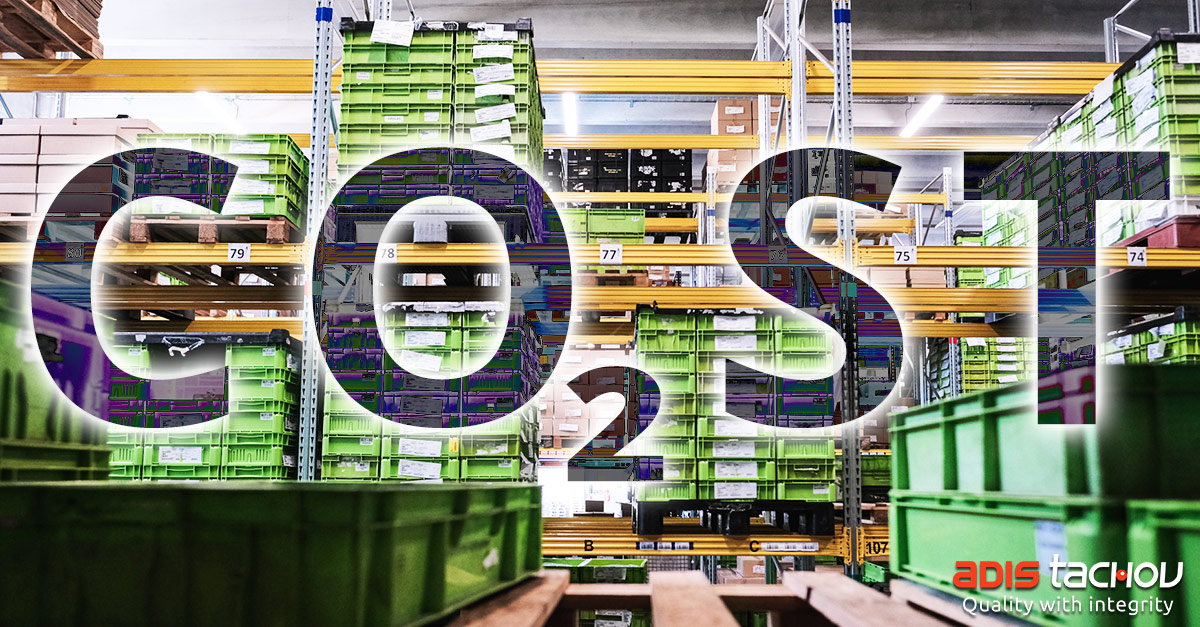
Cutting waste and passing on those cost benefits should be priority number one for all suppliers. But is it for yours?
In a world where we are all challenging ourselves to be greener, cut our carbon footprint and be conscious of reducing waste, there is little excuse for manufacturers not to do the same.
We now understand very clearly that lean manufacturing can be enormously helpful in managing and indeed cutting costs by removing waste within an organization, and it is this approach that remains at the center of all operations in ADIS Tachov s.r.o.
As a key supplier of all things plastic to the auto industry and beyond, Adis are #lean centric and adopt the following three key areas of laser focus in order to keep waste to an absolute minimum, and in turn, optimize costs.
1/ Starting with the simplest reduction - over production and overstocking. As you are likely aware, holding too much stock not only adds to your storage costs and dents your cash flow, it also poses a real risk of its value dropping before being used. Likewise with product production.
The solution, and a key part of the lean approach is JIT production whereby raw materials are ordered in parallel to a new customer request and used immediately. This careful stock control and precision in terms of the quantity of products produced can make a significant difference almost overnight.
2/ The next 'low-hanging fruit' has to be the reduction of waste products, and this aspect ties into quality control. By implementing a strict QC process which involves a series of checks and measures to catch issues early or prevent them fully, combined with increased in-depth training of all staff, the number of items being scrapped or worse, returned, can be taken down to almost zero. This benefit is not only a monetary one but an ecological one too.
3/ Finally, and a point that is perhaps not as obvious as the previous one - reduced movement throughout the factory of products and people can save a huge amount of man hours and unnecessary energy. In modern factories like those operated by Adis, designing your setup to make the journey from A-Z as smooth and short as possible is in the DNA. Every step shortened is a reduction in internal transport from one sector to the next which obviously has a fuel and labor time-saving benefit, but which also has the benefit of freeing up machinery quicker which results in increased capacity.
Three simple optimizations maybe, but when combined the transformation is more than noticeable. The factory becomes greener, and cost savings are made. Contrary to the old approach of passing on the extra cost to customers, if you work with the right tier1 supplier, it's savings that are passed on to you.